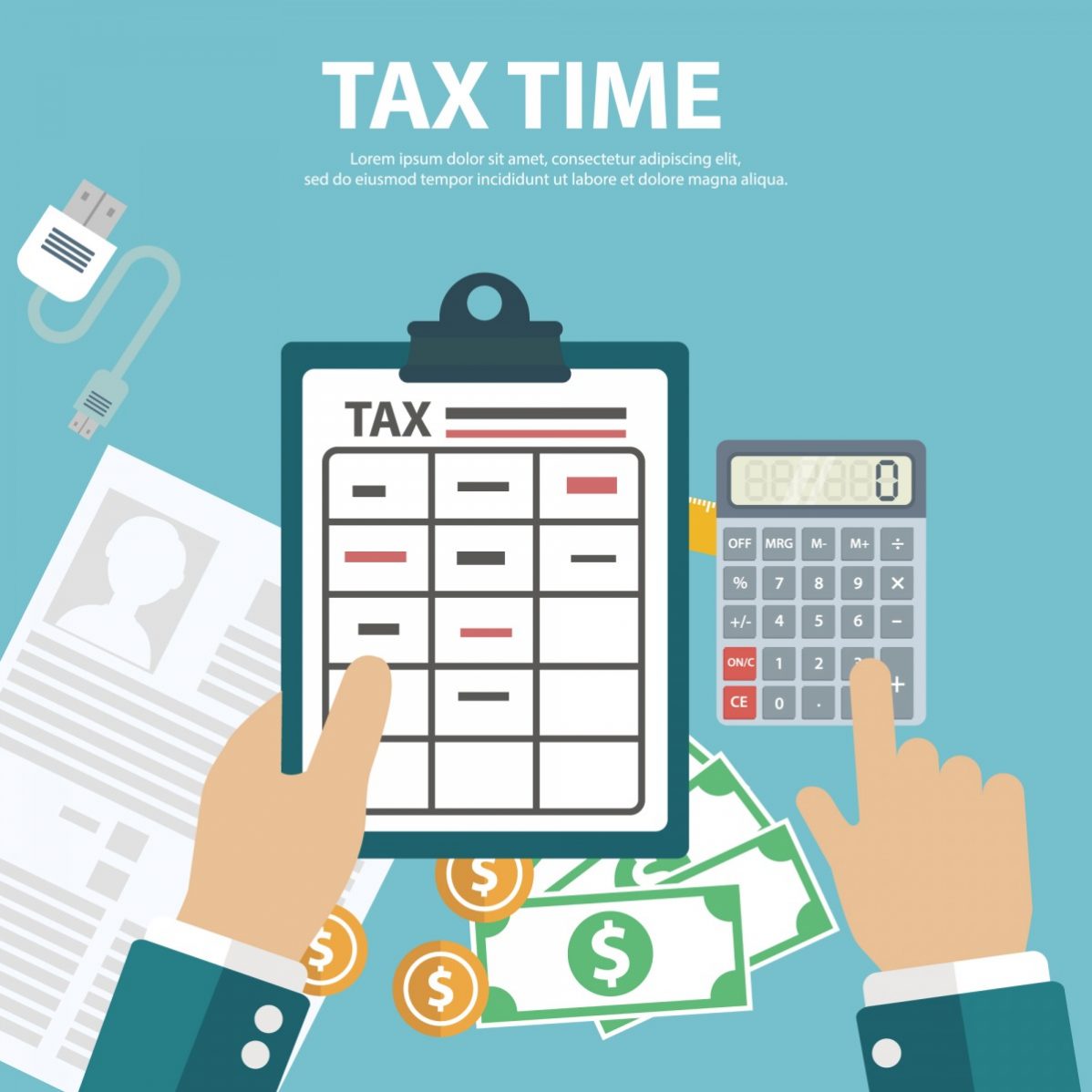GBC prof says the biggest mistake students make is not doing their taxes
Tax season can be a stressful time, especially for those filing income tax and benefit return for the first time.
But filing for taxes doesn’t have to be a negative experience, especially when there’s a chance to cash in on refunds and credits.
For students who are not sure if they should be filing for taxes or how to do so, here is what you need to know:
Who can file for a tax refund?
- Students who are employed are required to account for their income, deducted taxes and expenses to determine whether they owe tax or are eligible for refunds and credits.
- Students who are unemployed should do their taxes to qualify for tax credits and other benefit programs.
- International students are also eligible to file for income tax return once they are a resident or have been deemed a resident of Canada. Being a resident for tax purposes differs from your immigration status.
Why should students do their taxes?
“It’s always an advantage to file a return, even if you are low or no income, because of the fact that it puts you in a position to apply for various credits and that can be something that turns into money in your pocket,” said Allan Murray, the communications manager at Canada Revenue Authority (CRA).
Carolyn Fallis, professor of financial planning at George Brown College (GBC) agreed, saying, “I think the biggest mistake is not filing.”
Submitting an income tax return allows you to claim refund, pay for any outstanding taxes and apply for tax credits and benefits.
How can students benefit from filing a tax return?
1. Tuition credits
Filing yearly tax returns allow students to earn tuition credits to be used immediately or in the future.
According to Fallis, people making approximately $12,000 annually are tax exempted and are eligible for refunds on tax contributions deducted from their income. Students can add their tuition totals to this amount.
So if a student is paying $5,000 in annual tuition, they will be allowed up to $17,000 in tax exempted income, Fallis explained.
2. Tax credits and benefits
Students are eligible for the Goods and Services Tax (GST) credit, which is a rebate on money spent in the economy based on your income. Students with children can also apply for child care expenses credit. Students renting or owning home may also be eligible for the Ontario Trillium Benefit (OTB), which assists with the cost of housing.
3. The climate action incentive
This is a new tax benefit introduced this year for Canadian residents, ages 18 and older. For persons living in Ontario, you can apply for this incentive and receive $154, which can increase based on your family situation and if you are living in a rural area.
The only disqualifying factors are: not being a resident or deemed a resident by the CRA, if you were imprisoned, a diplomat of a foreign country or if you are a recipient of a children’s special allowance.
If you were having doubts about filing your taxes, this tax benefit should be enough incentive to do so. “They’ll just send you money,” Fallis said.
What documents are needed?
As a student filing for taxes, some of the generally required documents are:
- Social Insurance Number (SIN)
- T2202A forms that shows tuition fees paid for the tax year. George Brown College (GBC) students can access their T2202A on STU-View.
- T4 employment income and tax deductions forms
- General Tax Forms available online at canada.ca/en/revenue-agency and at all Canada Post offices.
Additional documents may include Registered Retirement Savings Plan (RRSP) contribution receipts, proof of interest on student loans, monthly transit pass receipts and rental receipts or letter (including address, name of landlord and number of months you were there), among others.
How to get it done?
There are several ways in which you can get your taxes done, such as on paper, over the phone, online or through free tax clinics.
Both Murray and Fallis suggested using the online option, saying that it is easy to use, reduces the chances of errors and ensures that your submissions are processed much faster.
The Canadian Federation of Students (CFS) provides free a access code for students filing their taxes online through UFile.ca.
If you filed your taxes online and provided a direct deposit, you can generally expect your refund within eight business days. For those choosing the paper route, it takes about eight weeks.
Tips to consider
When you’re filing for taxes, make sure to read your returns carefully, says Murray. “Look at all of the schedules and the lines,” he says.
Additionally, Fallis cautions students to ensure that their submissions are completed on time. If you are owing taxes, pay before the deadline to avoid interest and penalties.
The general deadline to complete your 2018 tax return is April 30, 2019. Amounts paid after this date will incur interest.
However, if you are self-employed, the deadline to file your tax return is June 15, 2019.
So if you haven’t done you taxes yet, this is the time to do them.


